13 Tips for Starting Your Sports Memorabilia Collection
Starting a sports memorabilia collection can be a thrilling way to connect with your favorite athletes and teams. Whether you are drawn to vintage cards, autographed jerseys, or game-used equipment, building your collection takes knowledge and strategy. From focusing on authenticity to understanding market trends, there are key steps that can help you make smart purchases and grow your collection with value in mind. This guide offers practical tips to help you navigate the world of sports memorabilia, ensuring that each addition to your collection brings both personal satisfaction and potential investment value.
This post may contain affiliate links, which helps keep this content free. Please read our disclosure for more info.
Start with a Focus
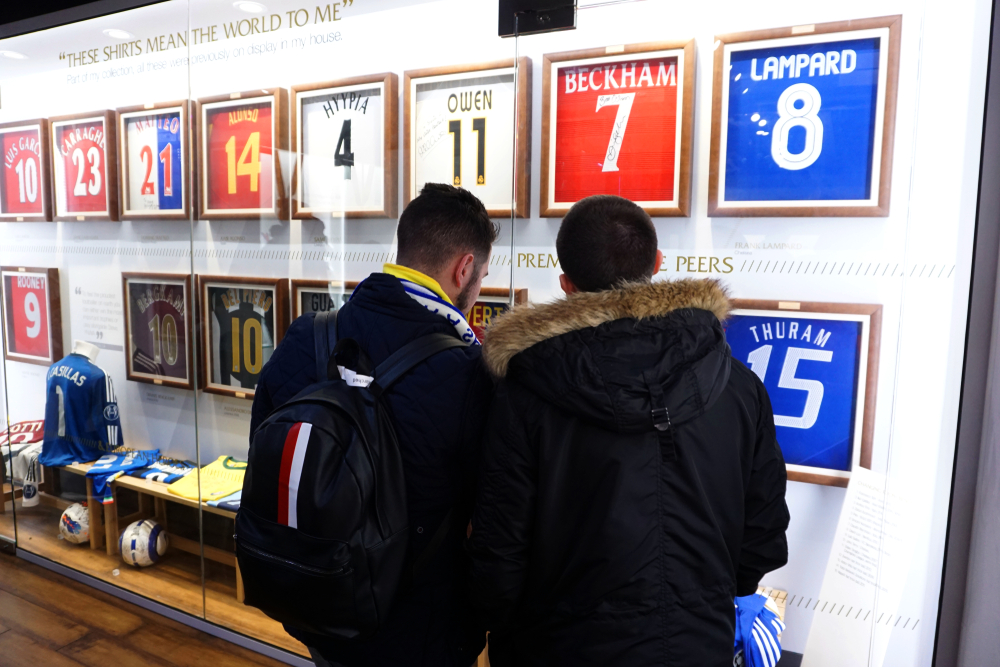
When beginning your collection, it is crucial to focus on a specific area of sports memorabilia that interests you most. This could be anything from autographed baseballs and vintage jerseys to ticket stubs from iconic games. A focused approach helps you narrow down your options and allows you to become an expert in that area. This will make it easier to identify valuable items and give you a clear direction for your collection, avoiding impulse buys or items that may not add significant value to your collection.
In addition, starting with a specific focus helps prevent you from becoming overwhelmed by the vast range of items available. Whether you choose a particular team, player, or sport, it gives you a sense of purpose as you build your collection. Over time, your knowledge will grow, and you will be able to make smarter purchasing decisions.
Research Thoroughly
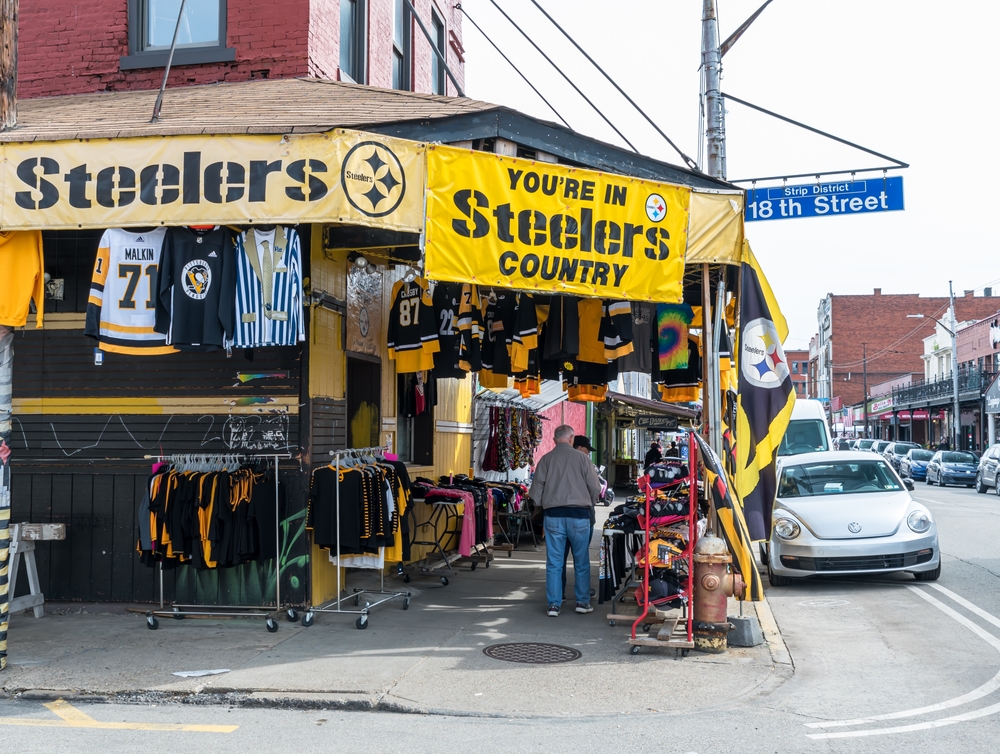
Before you make any purchases, research the items you are interested in. Understanding the history, value, and rarity of memorabilia items is essential for making informed decisions. Learn about the players, teams, or events related to the items, and check out resources such as online auctions, sports memorabilia guides, and forums. The more you know about the memorabilia you are considering, the better equipped you will be to spot a good deal or avoid overpaying for items that do not hold significant value.
Thorough research also allows you to understand the condition of an item, which can affect its worth. For example, the value of an autographed item may be much higher if the signature is verified or if the item has been kept in mint condition. Research will help you understand what factors impact the value and help you build a collection that is both meaningful and worthwhile.
Prioritize Authenticity
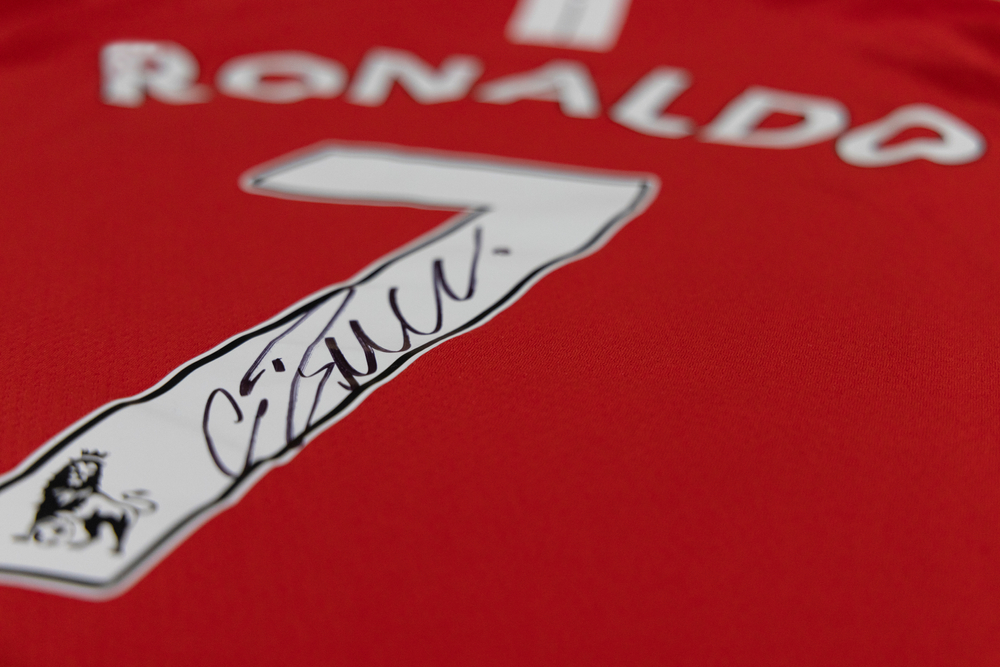
One of the most important factors in starting your collection is ensuring that the items you buy are authentic. Fakes and reproductions are, unfortunately, common in the world of sports memorabilia. Always ask for certificates of authenticity (COAs) or provenance documentation when purchasing items. Look for reputable dealers and sellers who have a history of dealing with legitimate, verified items. Buying from trusted auction houses or licensed dealers ensures that you are investing in real memorabilia rather than replicas.
Authenticity not only impacts the value of an item but also its potential resale value in the future. Fake memorabilia will rarely hold its value, whereas authentic items can become highly sought after by collectors. Investing in verified memorabilia gives you peace of mind and ensures that your collection will be meaningful and valuable.
Set a Budget
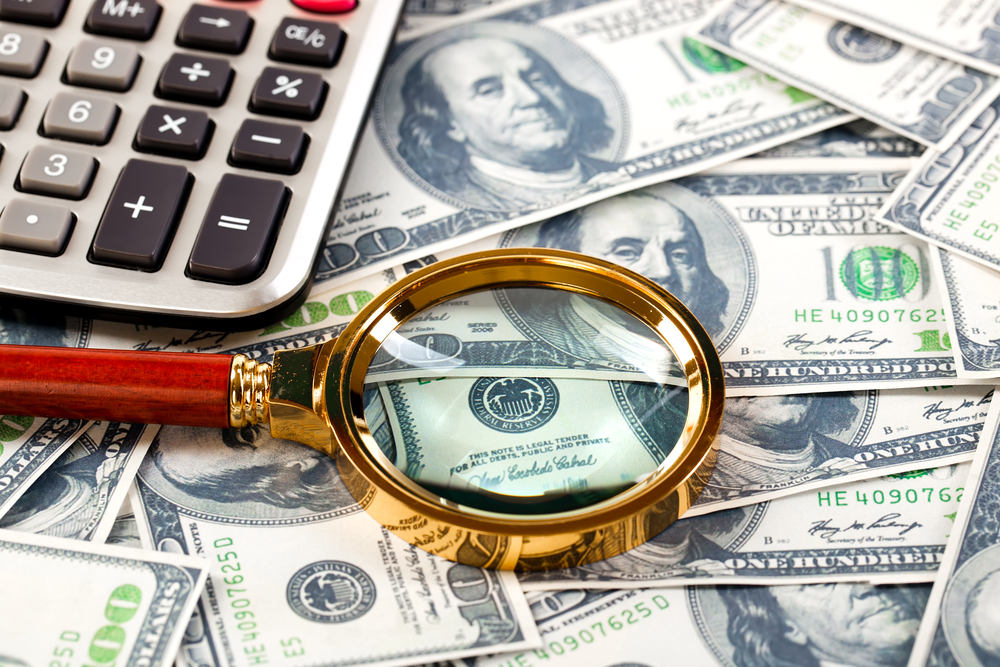
Collecting sports memorabilia can be an expensive hobby, so it is important to set a budget before you begin. Knowing how much you are willing to spend per item or month helps you avoid overextending yourself financially. It’s easy to get caught up in the excitement of adding to your collection but setting financial boundaries ensures that you are collecting within your means.
Having a budget also helps you prioritize the items that matter most to you. Instead of splurging on every item that catches your eye, you can focus on adding key pieces that fit within your budget and enhance your collection. This allows you to build a collection over time without putting unnecessary strain on your finances.
Consider the Long-Term Value
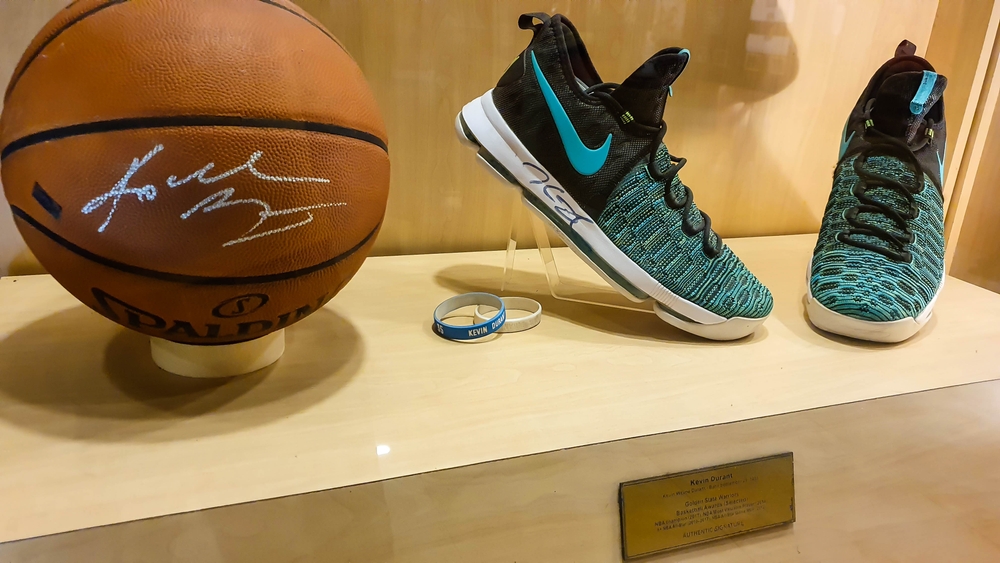
While it is essential to enjoy the items you collect, sports memorabilia can also be an investment. Some memorabilia, especially rare items like limited-edition cards or jerseys worn by famous athletes, can be appreciated over time. When choosing items to add to your collection, consider their potential for long-term growth in value. Research trends in the memorabilia market and look for items that are likely to be in demand in the future.
Focusing on long-term value does not mean you have to avoid buying items that are simply for personal enjoyment. However, thinking about the future potential of your collection can help you make smarter purchases. The combination of passion and investment value is what makes the sports memorabilia collection so rewarding.
Buy What You Love
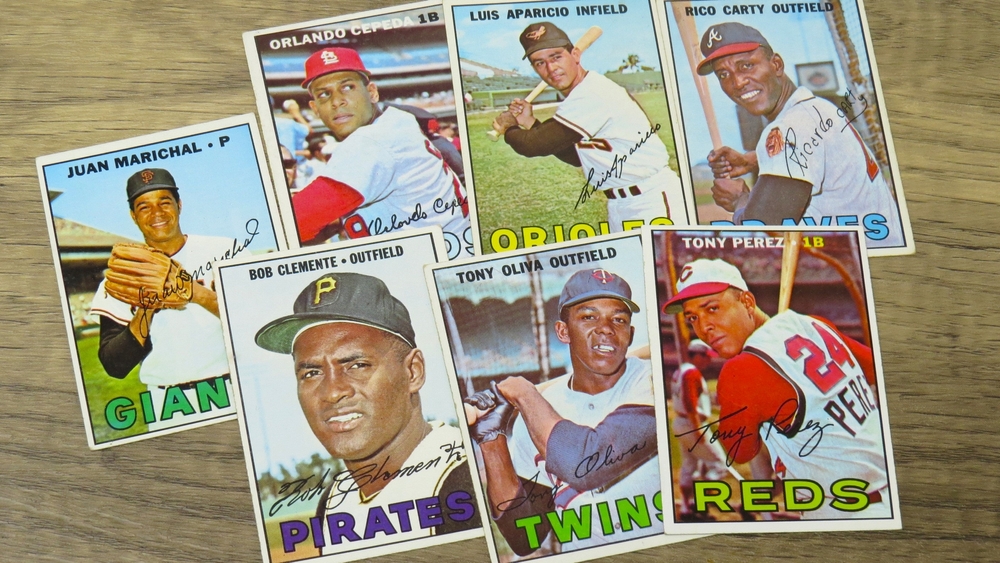
Sports memorabilia collections are about more than just investment; they are a reflection of your passion for sports. Whether it is a signed jersey from your favorite player or a piece from an unforgettable game, your collection should bring you joy. Do not feel pressured to collect items solely based on their potential resale value. Buy what resonates with you, as this will make your collection more meaningful and enjoyable to own.
A personal connection to the items you collect enhances the experience and keeps you motivated to continue building your collection. When you purchase memorabilia that you truly love, your collection becomes more than just a collection; it becomes a part of your sports journey.
Take Care of Your Collection
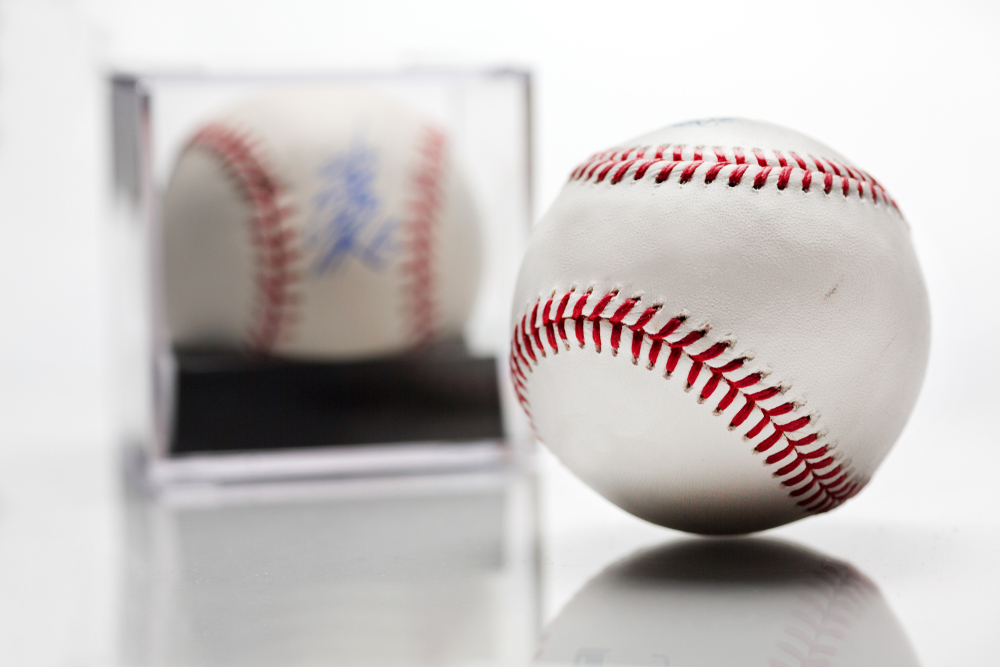
Proper care and maintenance of your memorabilia is essential for preserving its value. Items should be stored in a way that protects them from damage, whether it is in a display case, archival-quality boxes, or climate-controlled storage. Keep your memorabilia away from direct sunlight, humidity, and extreme temperatures to prevent deterioration. For autographed items, consider using UV-protective glass or other preservation methods.
Taking good care of your collection not only ensures that it retains its value but also allows you to enjoy it for many years. As time goes on, your collection will become a treasured part of your life, and preserving its condition will make it all the more rewarding.
Buy from Reputable Sellers
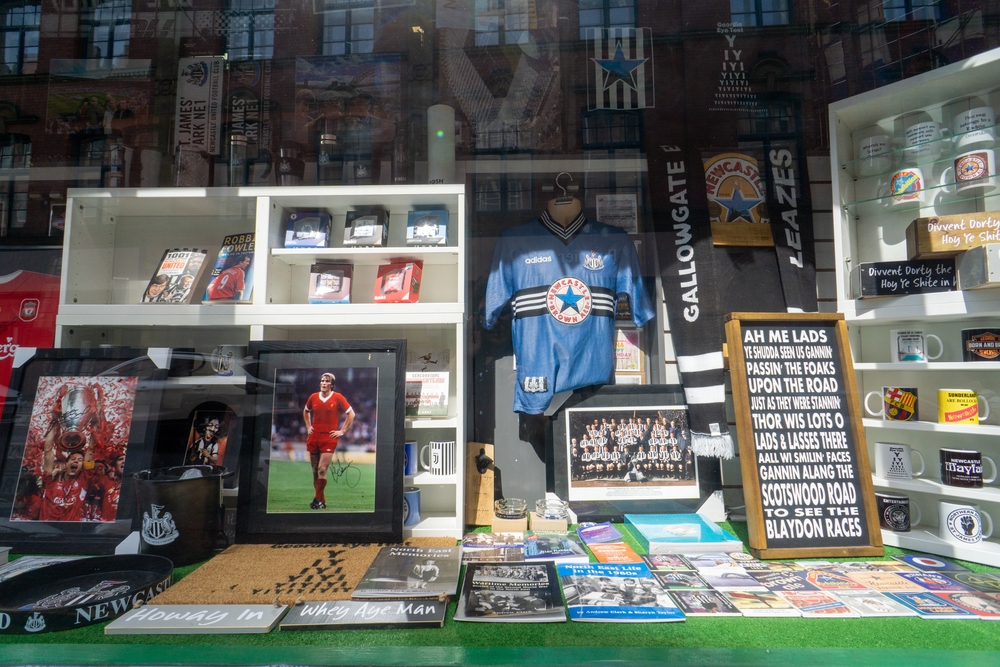
When purchasing memorabilia, make sure to buy from sellers who are known for their credibility and reputation. There are many online platforms where memorabilia is sold, but not all sellers can be trusted. Look for verified sellers with good feedback or those who specialize in sports memorabilia. Trusted sellers are more likely to provide authentic items and offer fair prices.
Additionally, buying from reputable sellers ensures that you will receive good customer service, which can be crucial if there is an issue with an item. Whether you are buying online or from an in-person store, reputation matters in ensuring that your investment is protected.
Attend Auctions and Sports Events
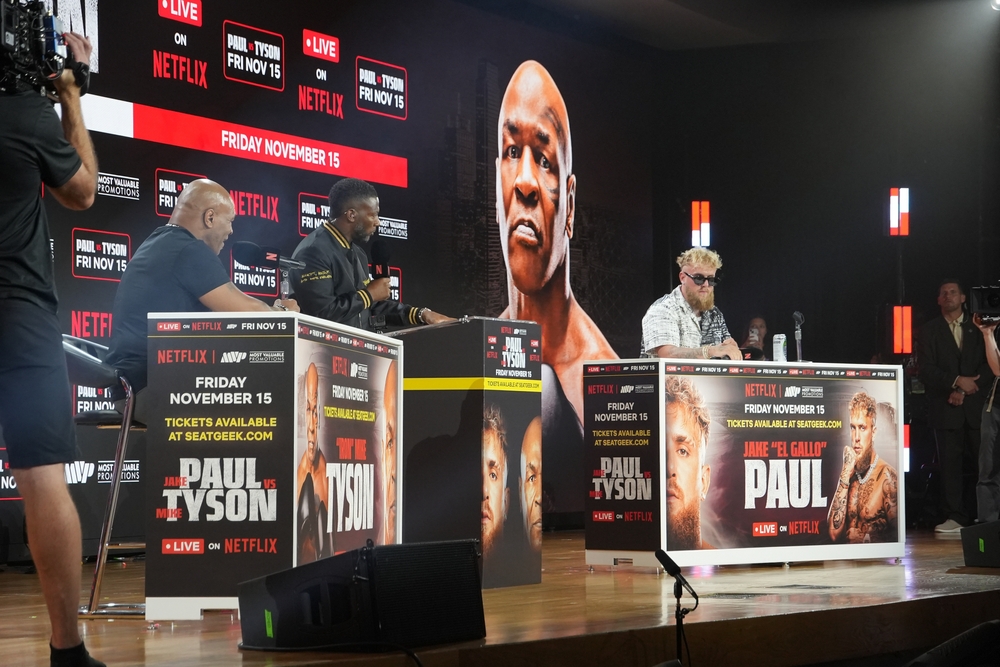
One of the best ways to find rare and valuable memorabilia is by attending auctions and sports events. Auctions are a great place to discover limited-edition items and rare collectibles, often directly from collectors or estates. Many auction houses specialize in sports memorabilia and can provide you with rare items you might not find elsewhere.
Attending live sports events can also provide you with the opportunity to purchase memorabilia directly from the source, such as signed equipment or limited-edition items released at the event. Whether at an auction or a sports event, these opportunities allow you to acquire unique pieces that can add a special touch to your collection.
Join Online Communities

Sports memorabilia collectors often share their experiences and insights in online communities. Joining these groups allows you to learn from others, exchange tips, and stay updated on trends in the memorabilia market. Many communities also offer buying and selling opportunities, which can help you find rare items or connect with other collectors.
Engaging with fellow collectors provides you with valuable knowledge that can help you grow your collection. Whether you are a novice or an experienced collector, online communities can be an excellent resource for advice and support.
Keep Records of Your Collection
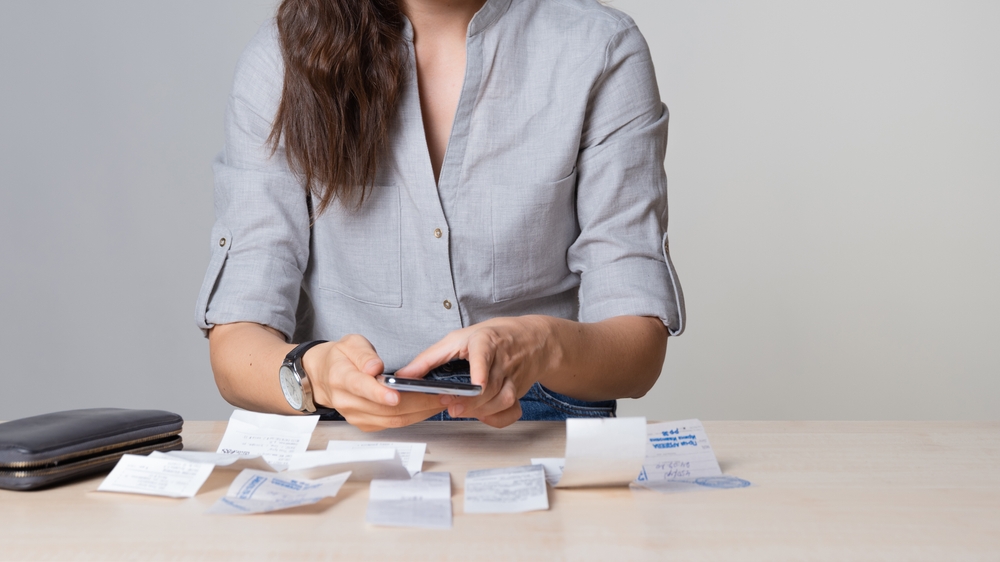
It is important to keep detailed records of your memorabilia, especially if you are building a valuable collection. Record the provenance, condition, and purchase price of each item. Keep a digital or physical inventory to track what you own and its current value. This will help you assess the worth of your collection over time and assist with insurance, if necessary.
Having proper records also helps you stay organized and ensures that you are always aware of what you have in your collection. It allows you to add new items more easily and prevents you from accidentally buying duplicates or items you already own.
Set Up Display Spaces
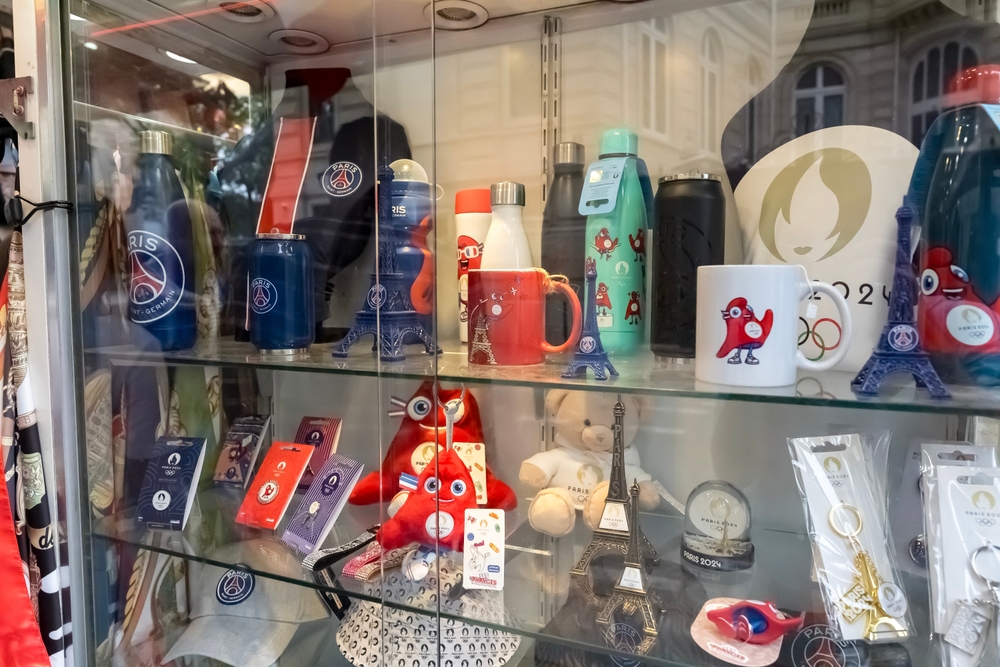
As you begin to accumulate items in your collection, consider setting up a dedicated space to display them. This could be a custom display case, a wall-mounted shelf, or a dedicated room. Displaying your memorabilia allows you to enjoy it and show it off to others, enhancing your experience as a collector. It also protects the items from potential damage by keeping them organized and secure.
A well-organized and visually appealing display space can make your collection feel more special and personal. Whether you want to showcase your collection for personal enjoyment or for others to admire, a proper display adds to the pride of ownership.
Stay Updated on Trends
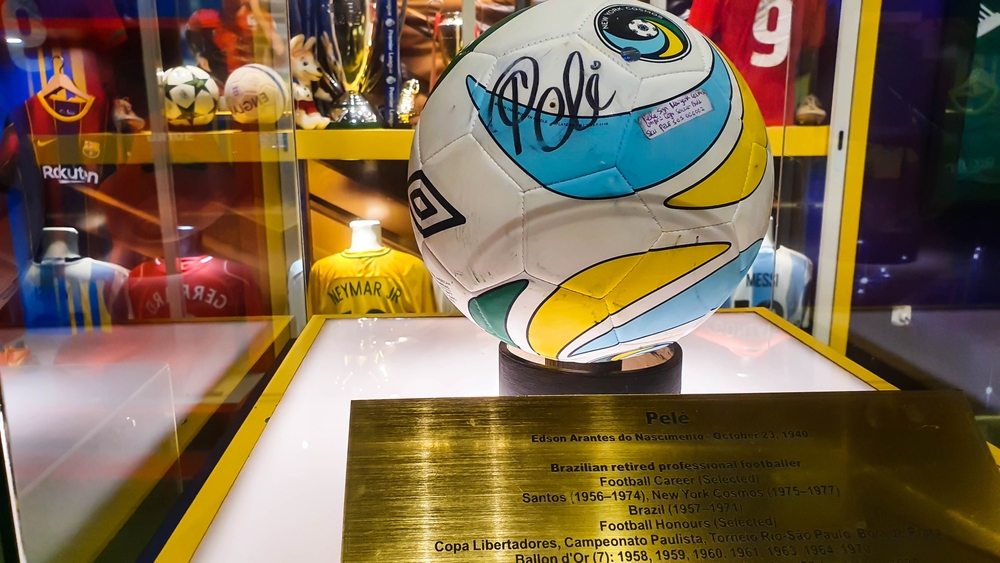
The world of sports memorabilia is constantly evolving. Prices, popularity, and trends can shift depending on players’ careers, team performance, and historical events. Stay informed about what is happening in the sports world and how it affects the value of certain items. Read books, follow collectors’ blogs, or subscribe to newsletters about sports memorabilia to keep up with the latest developments.
By staying updated, you will be better equipped to make decisions about your collection and identify opportunities to add high-value items. This knowledge will help you remain a savvy collector and grow your collection in the right direction.
This article originally appeared on Avocadu.
